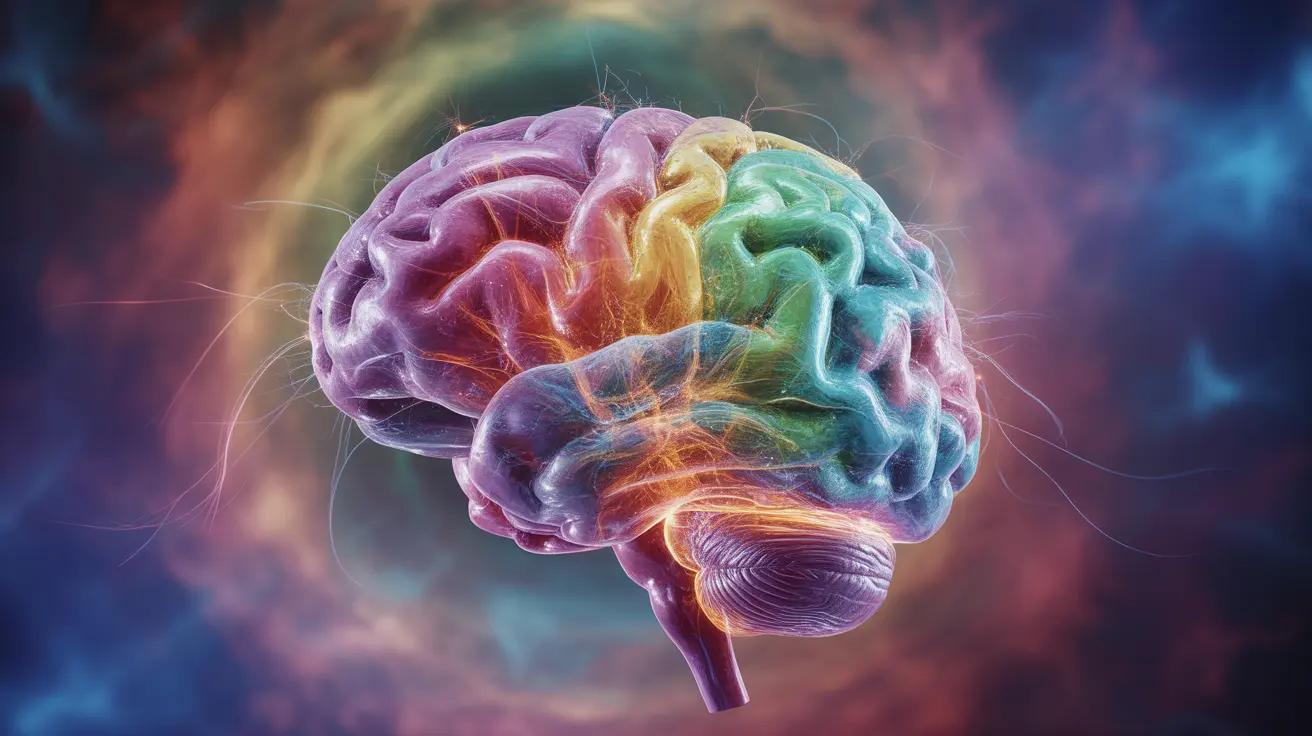Functional Neurological Disorder (FND) is a complex neurological condition where patients experience real physical symptoms that affect their nervous system functioning, despite normal structural brain imaging. This challenging condition impacts how the brain sends and receives signals, leading to various neurological symptoms that can significantly affect daily life.
While FND was previously misunderstood and sometimes dismissed, modern medical science recognizes it as a legitimate neurological condition requiring proper diagnosis and treatment. Understanding FND is crucial for both healthcare providers and patients to ensure effective management and improved outcomes.
What Is Functional Neurological Disorder?
Functional Neurological Disorder represents a disruption in how the brain processes and sends signals throughout the nervous system. Unlike conditions such as multiple sclerosis or stroke, FND doesn't show structural damage on brain scans. Instead, the problem lies in how the nervous system functions.
Think of FND as a software problem rather than a hardware issue - the physical brain structure is intact, but the processing and transmission of signals aren't working correctly. This can result in various physical symptoms that are very real and can be debilitating for those affected.
Common Symptoms and Signs
FND can manifest in numerous ways, and symptoms may vary significantly among individuals. Common presentations include:
- Weakness or paralysis in limbs
- Abnormal movements or tremors
- Non-epileptic seizures
- Speech difficulties
- Vision problems
- Balance issues and coordination problems
- Sensory symptoms (numbness, tingling)
These symptoms often fluctuate in severity and may worsen with stress or attention to the symptoms. Importantly, symptoms are genuine and not intentionally produced by the patient.
Diagnosis Process
Diagnosing FND requires a careful medical evaluation process, typically involving:
- Detailed medical history assessment
- Physical and neurological examinations
- Diagnostic tests to rule out other conditions
- Observation of specific clinical signs unique to FND
Modern diagnostic approaches focus on identifying positive signs of FND rather than simply ruling out other conditions. This represents a significant shift in how healthcare providers approach the diagnosis.
Understanding Causes and Risk Factors
The exact causes of FND are complex and often multifactorial. Several factors may contribute to its development:
- Physical injury or trauma
- Emotional stress or psychological trauma
- Previous neurological conditions
- Genetic predisposition
- Physical and emotional stress
- Pain conditions
It's important to note that FND can develop with or without obvious triggering events, and having risk factors doesn't necessarily mean someone will develop the condition.
Treatment and Management Approaches
Treatment for FND typically involves a multidisciplinary approach, including:
- Physical therapy to improve movement and function
- Occupational therapy for daily living skills
- Psychological support and counseling
- Medication for specific symptoms
- Education about the condition
- Stress management techniques
Success in treatment often depends on early diagnosis, appropriate intervention, and the patient's active participation in their recovery process.
Frequently Asked Questions
What is Functional Neurological Disorder (FND) and how does it affect the brain? FND is a condition where the brain's normal signaling processes are disrupted, causing various neurological symptoms. While the brain's structure remains normal, its function in processing and sending signals is affected, leading to real physical symptoms.
What are the common symptoms of Functional Neurological Disorder? Common symptoms include weakness or paralysis, abnormal movements, non-epileptic seizures, speech problems, vision issues, balance difficulties, and sensory disturbances. Symptoms can vary in severity and may fluctuate over time.
How is Functional Neurological Disorder diagnosed by doctors? Doctors diagnose FND through comprehensive neurological examinations, looking for specific clinical signs while ruling out other conditions. The diagnosis focuses on positive signs of FND rather than just excluding other disorders.
What causes Functional Neurological Disorder and are there any known risk factors? FND can be triggered by physical or emotional trauma, stress, existing neurological conditions, or develop without clear causes. Risk factors include previous medical conditions, psychological stress, and genetic predisposition.
What treatment options are available for managing Functional Neurological Disorder? Treatment typically combines physical therapy, occupational therapy, psychological support, and sometimes medication. A comprehensive treatment plan is tailored to each patient's specific symptoms and needs.




